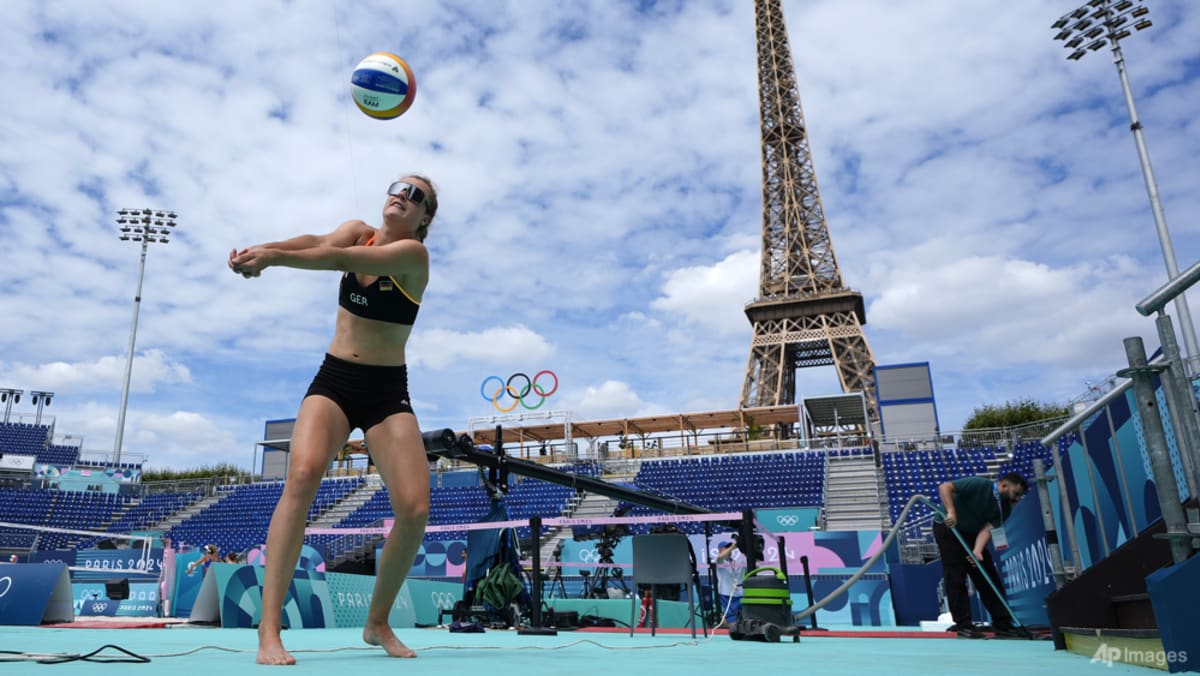AN IMPOSSIBLE CHOICE
The IOC is faced with an impossible choice. It’s promised to make future Games more environmentally and financially sustainable, repurposing existing sporting venues, even furniture in the athletes’ village, and using some creative accounting to suggest that carbon footprints have been drastically cut.
At the same time, a high level of emissions is pretty much baked in when you’re flying somewhere around 30,000 athletes and officials (not to mention boats and 255 horses) into a single city.
A better idea is to follow and extend the example of soccer’s governing body FIFA, which held a joint Japan-South Korea World Cup in 2002, and is planning a US-Canada-Mexico event in 2026 and a Spain-Portugal-Morocco one in 2030.
If you want to extend the Olympics to developing countries without saddling them with costly equestrian centres, rowing lakes, and sailing marinas – luxuries for minority sports, even in rich countries – then allow those events to live permanently in the largely European countries that already have the venues. Host cities can then be used primarily for the core athletic events that people care about the most.
Paris is already making a few steps in this direction with a surfing contest that’s being held 16,000km away in Tahiti, though it would be better to drop the event, and its super-remote location, altogether. As the climate warms, endurance events like the marathon, race walking, and road cycling – where heat stroke is the biggest risk to participants – might also have to be held where they most make sense.














